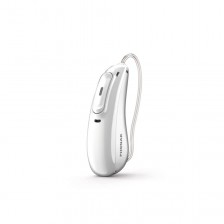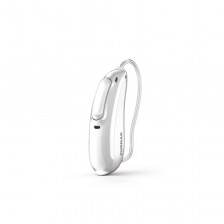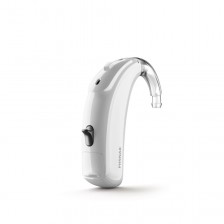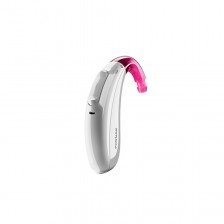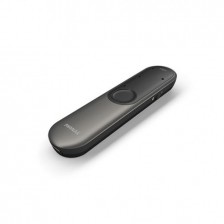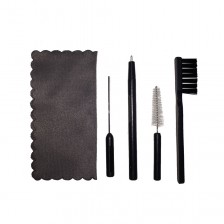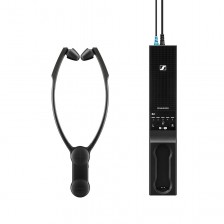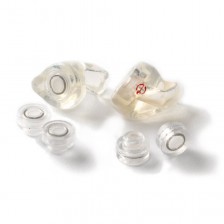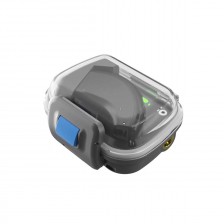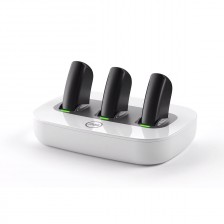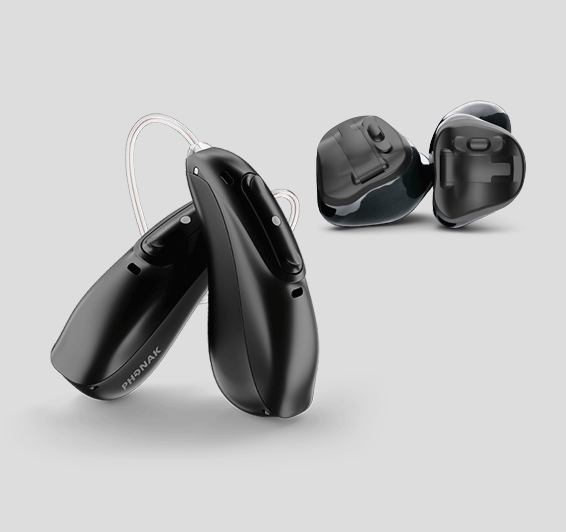Spring, the ear alters


Do you hear? It is spring, which is approaching. We also want to have him here because this season can only bring good things. More hours of light, closer to summer... However, as much as we want to avoid it, the protagonists of this article are them: allergies.
The grass pollen, most present in April, May and June, was the first agent described as capable of causing allergy in the respiratory tract. Allergic rhinitis is the most common, and you may be one of those affected. It wouldn't be anything unusual. In fact, according to the World Allergy Organization (WAO), more than 50% of those affected will live with their symptoms for about ten years, 22% will live it in the first person throughout their lives and 28%, between 10 and 20 years.
Rhinitis or cold?
It is important to be clear about the symptoms of both because their similarities can confuse us and lead to inappropriate treatment. So, in the cold there is fever, malaise or pain in the throat. However, in allergic rhinitis, the typical itching of the eyes and nose is so annoying, the liquid nasal discharge is very abundant and constant and frequent sneezing.
Another sign to distinguish them is their evolution. The cold is active between 5-7 days but the allergy can last for 4-6 weeks and its progress depends on many factors.
Today we wanted to talk to you about how this allergic rhinitis can also affect your hearing health if you don't treat it correctly. The reason is that the nose and ear, as you know, are connected by the Eustachian tube. If your airways are full of mucus, it wouldn't be strange if your ear developed ototubaritis.
Deciphering Ototubaritis: The Most Common Symptoms
- Plenty of fluid in the middle ear
- A lot of wax on the inside of the ear
- Severe headaches
- Loss of balance
- Punctures in the ear
- Discomfort at any sound
- Momentary hearing loss
Obviously, symptoms depend on evolution and do not have to manifest in unison in the same person but it is important not to let them pass. Your doctor will recommend the best treatment with antibiotics, analgesics or antihistamines. If the fluid is abundant you can resort to Myringotomy , always as a last resort, an operation to remove the fluid that produces the infection.
Your ear is not a friend of allergies either, so the best thing you can do is keep track of your vaccinations and continue to take care of your ear as you usually do.
If you have already gone through an allergy and are worried that your hearing health has suffered consequences, clear the doubts and stay calm visiting us.
Spring is too beautiful not to enjoy.
